Ladies and gentlemen, please make sure your seat belt is securely fastened and your seat backs and tray tables are in their full upright position. Richard Branson will this week once again blast his Virgin rocket ship into space. Although not really, because at best his sub-orbital ship will only get to the edge of space, and only for a few moments, before gliding back to Earth.
Galactic 03, on 8 September, will be the company’s third commercial flight after a successful mission in August and will carry three as-yet-unnamed passengers who bought their tickets on the company’s space plane back in the 2000s. ‘Space is Virgin territory,’ boasts Branson, who flew himself on an earlier test flight. But he is not exactly going where no man has gone before.
Branson’s project has suffered years of delay and catastrophe
Branson’s project has suffered years of delay and catastrophe. In 2014, a test pilot was killed when an experimental flight suffered a catastrophic breakup during a test flight and crashed in the Mojave Desert. Another pilot was seriously injured.
Virgin Galactic has uncanny parallels to Armando Iannucci’s TV series Avenue 5, starring Hugh Laurie, captain of a spaceship operated by an accident-prone space tourism business headed by megalomaniac billionaire Herman Judd (Josh Gad). One wonders where Iannucci got the idea. The author Tom Bower has, in the past, compared Branson’s spaceship to a Heath Robinson contraption.
Around 800 people have supposedly reserved tickets for the Virgin Galactic experience, which includes a few minutes of weightlessness after a one-minute rocket ride. Prospective celebrity astronauts include Leonardo DiCaprio, Tom Hanks, Russell Brand, Angelina Jolie, Lady Gaga and Katy Perry.
The price, originally $200,000, has now increased to $450,000, perhaps due to interminable delays and cost overruns. In 2004, Branson predicted Virgin Galactic would begin commercial flights in 2007. He was out by 16 years.
Virgin Galactic has around $980 million cash on hand. But at the current burn rate, it will run out of money in less than two years. This math is unlikely to change in the near future. Even if Virgin Galactic can maintain the tempo of flying into space every four to six weeks or so, it will lose a fortune. Each of these flights only carries three paying customers. Since a chunk of the spacecraft’s engine must be replaced after every flight, these missions are operating at a loss.
For all of his undoubted qualities, Richard Branson is not a rocket scientist. His other space venture, Virgin Orbit, which attempted to launch satellites from a Boeing 747, went public in 2021 and went bankrupt earlier this year after a failed launch attempt.
‘The Virgin Orbit team has proven its ability to create new ideas, new approaches, and new capabilities,’ Branson declared with his typical optimism before it crashed.
Virgin Galactic has also had a chequered history. After going public to widespread acclaim from credulous journalists, Branson demonstrated his own confidence in the venture by dumping more than ten million shares in the company in August 2021 at an average price of $29.20 between 10 and 12 August 2021, taking home $300 million.
Ultimately, according to the Wall Street Journal, Branson sold nearly 75 per cent of his shares in Virgin Galactic for a total of $1.4 billion.
The company was founded by Branson in 2004 and he has hyped it ever since, even naming his private jet Galactic Girl (G-GALX). It’s taken him 19 years to launch even a limited space tourism program. A comparison with the activities of Elon Musk is instructive.
As Branson was creating Virgin Galactic, Musk was creating SpaceX. At the time of writing, SpaceX has completed 260 launches, launched multiple manned missions to the International Space Station, recovered 222 rockets for reuse and flown those recovered rockets 194 times. Last weekend it launched 22 Starlink Internet satellites to add to the 5,000 already in orbit. ‘Space is hard,’ says Musk, in vivid contrast to Branson’s gurning self-promotion.
The suspicion must be that Virgin Galactic is more show than go. Its chief executive is neither a rocket scientist nor even an engineer but a former Disney executive, Michael Colglazier, 56. His previous experience was running theme parks, only fuelling suspicions that Virgin Galactic is a Mickey Mouse operation.
The technology writer Eric Berger says that even if Virgin Galactic can fulfil its promise to maintain a once-a-month launch cadence – not frequent enough to turn the company profitable, admittedly, but frequent enough to show that Virgin Galactic is keeping its promises, it will need a launch 400 flights a year to generate enough revenue to give Virgin Galactic a shot at breaking even. That’s going to require an entirely new spaceship, not yet built.
Perhaps there are 1,200 people a year ready to pay almost half a million dollars to ride Branson’s roller coaster. Perhaps not.
Godspeed to the millionaires who, barring a technical hitch, will blast off on Friday. Although a similar thrill is available for a fraction of the price at Disneyland’s Space Mountain amusement ride. One small step for them, and Branson will be hoping for a giant leap for Virgin Galactic’s share price, which is currently underwater. Shares opened at $12.34 when the company floated in October 2019. It closed last week at $2.58. Not a stock for widows and orphans.
Got something to add? Join the discussion and comment below.
Get 10 issues for just $10
Subscribe to The Spectator Australia today for the next 10 magazine issues, plus full online access, for just $10.

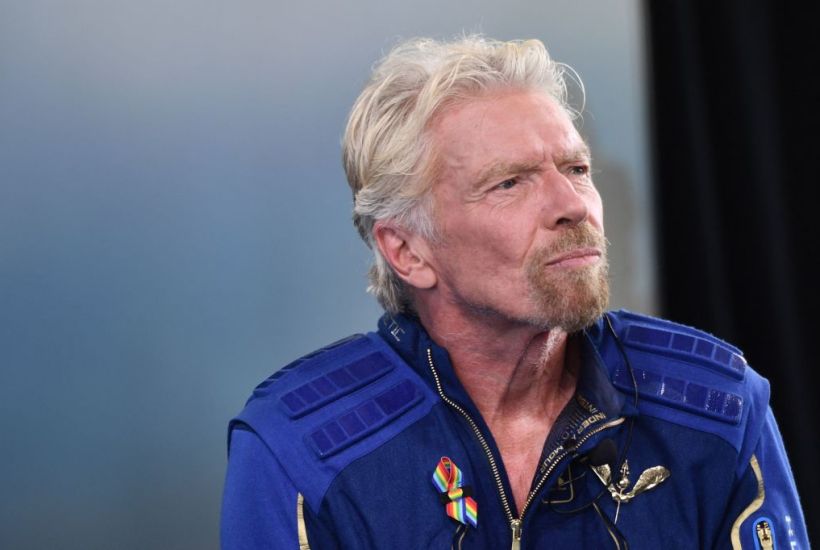
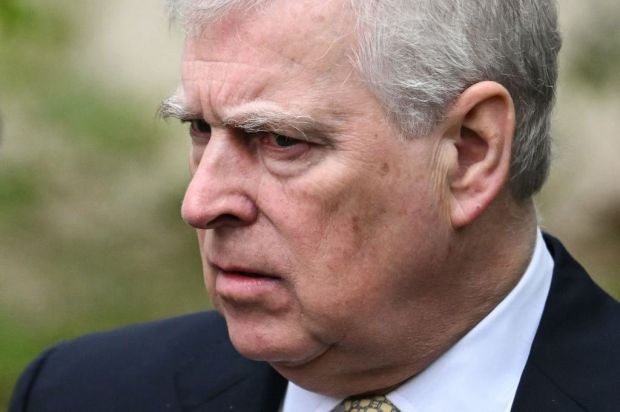
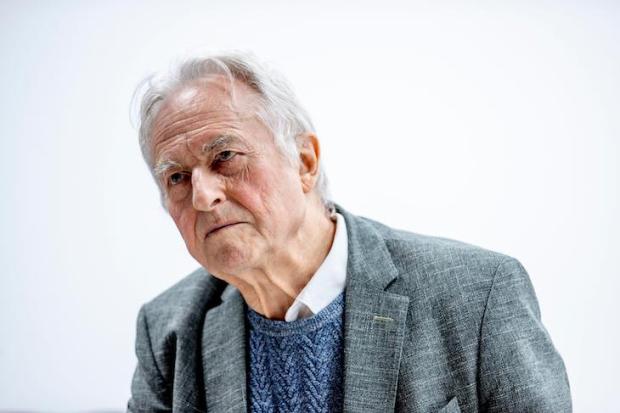
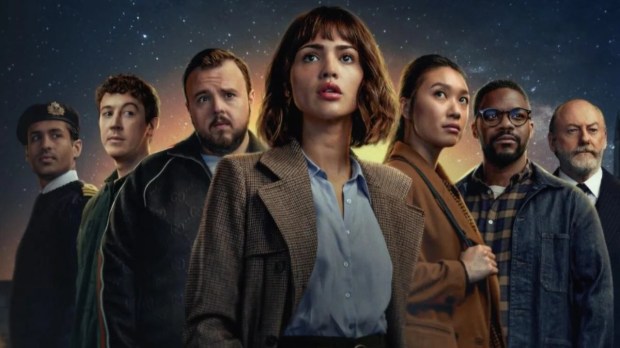
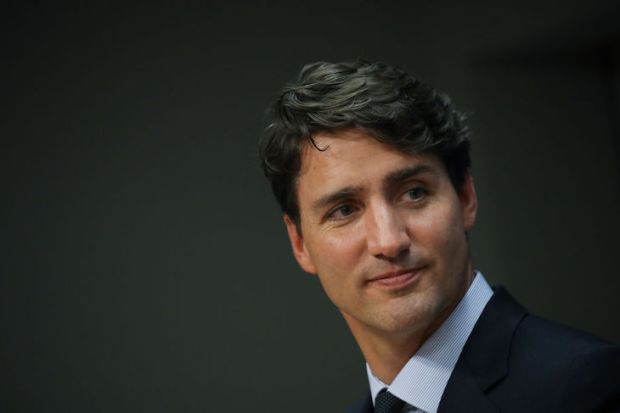
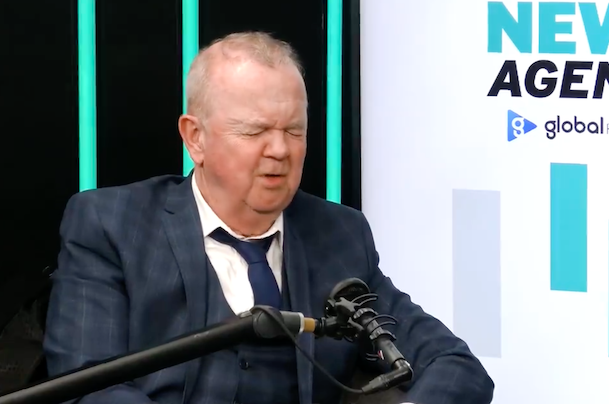
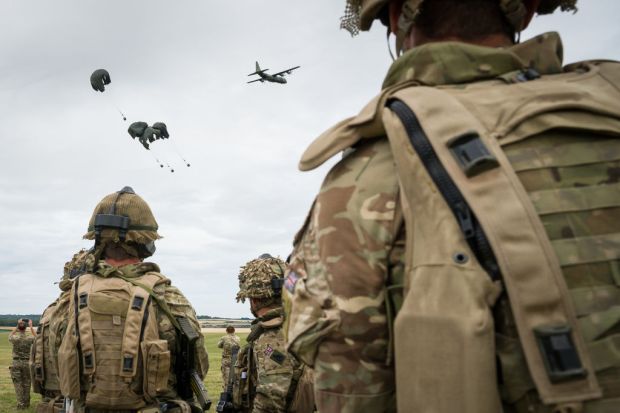












Comments
Don't miss out
Join the conversation with other Spectator Australia readers. Subscribe to leave a comment.
SUBSCRIBEAlready a subscriber? Log in